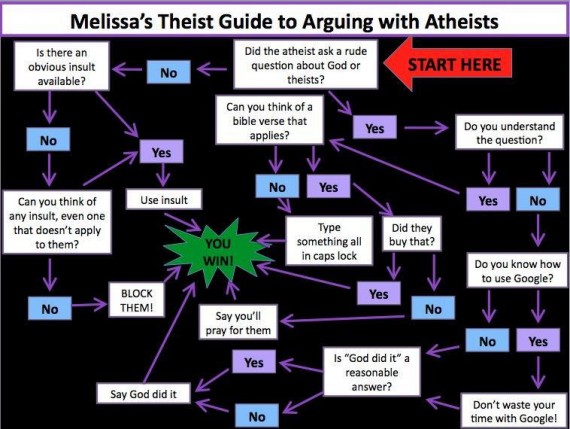 This is a guest post by Doreen Frick. Doreen is the daughter of prophecy writer Salem Kirban, and was most influenced by the people in her life who showed her Christ in the practical ways. She and her husband, Wes, have four “kids” and 11 grandkiddies.
This is a guest post by Doreen Frick. Doreen is the daughter of prophecy writer Salem Kirban, and was most influenced by the people in her life who showed her Christ in the practical ways. She and her husband, Wes, have four “kids” and 11 grandkiddies.
You can view her other writings at Grand Magazine, “I Long to See My Fairy Godmother” and Edge Magazine, “Rain, Rain.” You can read more about Doreen here.
If you would like to write a Guest Post for RedeemingGod, begin by reading the Guest Blogger Guidelines.
She was my seatmate on the train. She had the window seat. I joined her later when I got on near Lancaster, Pennsylvania. Quiet, a slight smile when I asked if I could sit there next to her, she seemed absorbed. Judging her age to be about the same as mine, I understand the need for solitude. I was on a happy trip to see family. I wasn’t sure hers was for something as pleasant. She took a call on her cell phone and I got up to give her some privacy.
I think in that simple gesture, she knew I could be trusted.

We met later in the snack car. I was buying a salad and a cup of coffee, she a Corona and lime. This time when her cell phone rang, she asked me to stay. “No need to leave,” she smiled. “I don’t mind.”
I wasn’t really eavesdropping, but it wasn’t possible to not leave and not hear. She was headed somewhere to get her daughter out of jail.
When she hung up, I gave her one of those, “Yeah. It’s OK,” looks. And then we went back to our seats, and she extended a simple kindness to me when she watched me trying to clean my eyeglasses with a sorry looking piece of kleenex, reaching into her purse for an eye-doctor type packet of cleaning wipes.
I don’t know why that touched me so much, but it did. We didn’t chat. She was tired, that was obvious, but we were connected due to the long miles behind us.
 Me. A non-drinker, non-everything good Independent Fundamental Baptist Free Methodist Presbyterian, sometimes not even a church goer, daughter of a religious author girl. There was no evidence that she wasn’t a Christian, (and why do we have to even try and figure that out? I guess I’m still letting that one go in favor of just loving whoever God puts me beside). In my mind she was probably someone with deep and tried and true faith and we could have shared the next Corona if I could drink (it makes me dizzy, that’s why I don’t). But the biggest thing we shared that day was a burden.
Me. A non-drinker, non-everything good Independent Fundamental Baptist Free Methodist Presbyterian, sometimes not even a church goer, daughter of a religious author girl. There was no evidence that she wasn’t a Christian, (and why do we have to even try and figure that out? I guess I’m still letting that one go in favor of just loving whoever God puts me beside). In my mind she was probably someone with deep and tried and true faith and we could have shared the next Corona if I could drink (it makes me dizzy, that’s why I don’t). But the biggest thing we shared that day was a burden.
I took on hers.


 But I also knew that knowing Scripture, and knowing theology, and knowing about grace is not really the point of it all. The point of it all is to actually
But I also knew that knowing Scripture, and knowing theology, and knowing about grace is not really the point of it all. The point of it all is to actually 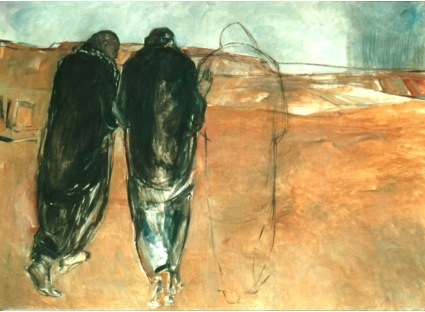
 And trust me … if you follow Jesus, you will never get bored.
And trust me … if you follow Jesus, you will never get bored.
 I think all of us “Christians” should stop referring to ourselves as “Christians.”
I think all of us “Christians” should stop referring to ourselves as “Christians.”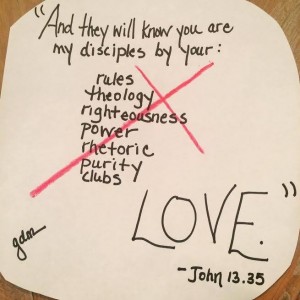 The Christians of Antioch were not known for their hate, venom, judgmentalism, or religious pride, or even for their good theology, pious life, and vast Bible knowledge. Instead, They were knowing for looking and acting and behaving like Jesus Christ, and as a result, they were “called Christians” by those who were not Christians.
The Christians of Antioch were not known for their hate, venom, judgmentalism, or religious pride, or even for their good theology, pious life, and vast Bible knowledge. Instead, They were knowing for looking and acting and behaving like Jesus Christ, and as a result, they were “called Christians” by those who were not Christians.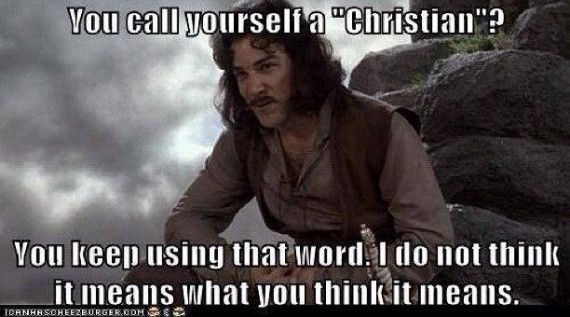
 I walked by two guys in the store the other day who were both wearing Christian t-shirts. One was saying to the other, “Yeah, they all hate me at work, but that’s okay, because I’m standing up for Christ.”
I walked by two guys in the store the other day who were both wearing Christian t-shirts. One was saying to the other, “Yeah, they all hate me at work, but that’s okay, because I’m standing up for Christ.” If love is of God, and everybody who loves is born of God and knows God because God is love (1 John 4:7-8), then it only makes sense that love will be the prevailing characteristic of one who is born of God and know God!
If love is of God, and everybody who loves is born of God and knows God because God is love (1 John 4:7-8), then it only makes sense that love will be the prevailing characteristic of one who is born of God and know God!
 It is common in Christian circles to hear admonitions to “Love the Sinner; hate the sin.”
It is common in Christian circles to hear admonitions to “Love the Sinner; hate the sin.” 
 The simple fact that we label the person we are talking about as a “sinner” indicates that we do not have love for them in the first place.
The simple fact that we label the person we are talking about as a “sinner” indicates that we do not have love for them in the first place.  When a watching world says Christians are full of hate, it is not a good strategy to tell them that we don’t hate them we just hate their sin.
When a watching world says Christians are full of hate, it is not a good strategy to tell them that we don’t hate them we just hate their sin. 

 When we say, “Love the sinner; hate the sin,” what we are really saying is “I will love only those I want to love, and I will hate and despise and cast out those people who do things I have decided are worse than the things I myself do, and this way I can make myself feel better while I condemn them for all the problems that I myself have contributed to but don’t want to admit.”
When we say, “Love the sinner; hate the sin,” what we are really saying is “I will love only those I want to love, and I will hate and despise and cast out those people who do things I have decided are worse than the things I myself do, and this way I can make myself feel better while I condemn them for all the problems that I myself have contributed to but don’t want to admit.”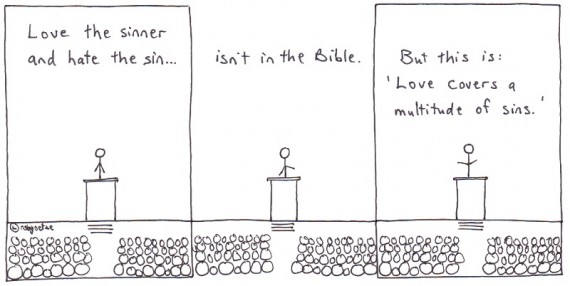
 And why can’t that be enough? When we see someone else behaving in ways we don’t approve of and which we think is sin (and as long as it’s not illegal or harming someone), why can’t “love” be the only word that comes to our mind?
And why can’t that be enough? When we see someone else behaving in ways we don’t approve of and which we think is sin (and as long as it’s not illegal or harming someone), why can’t “love” be the only word that comes to our mind? 
